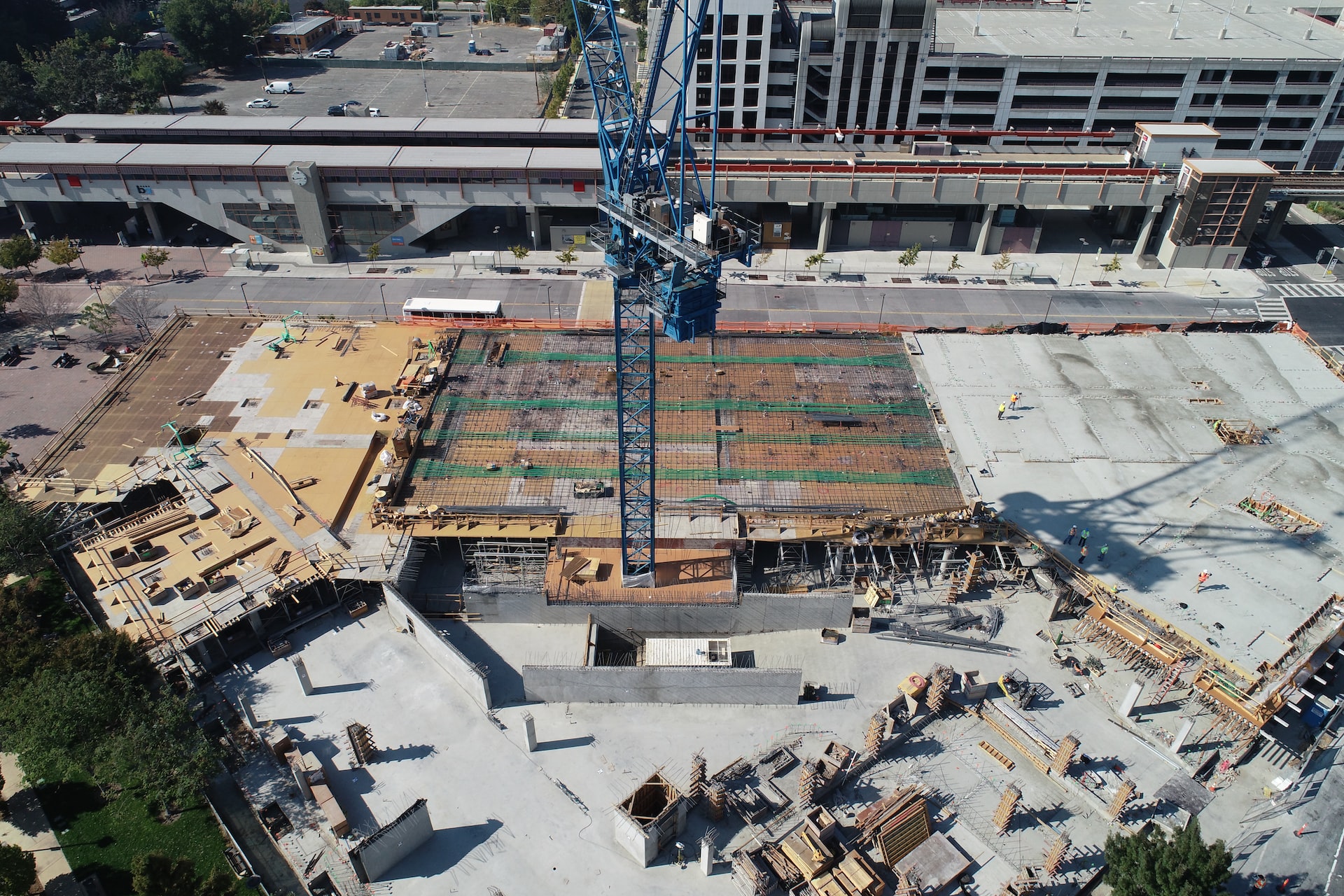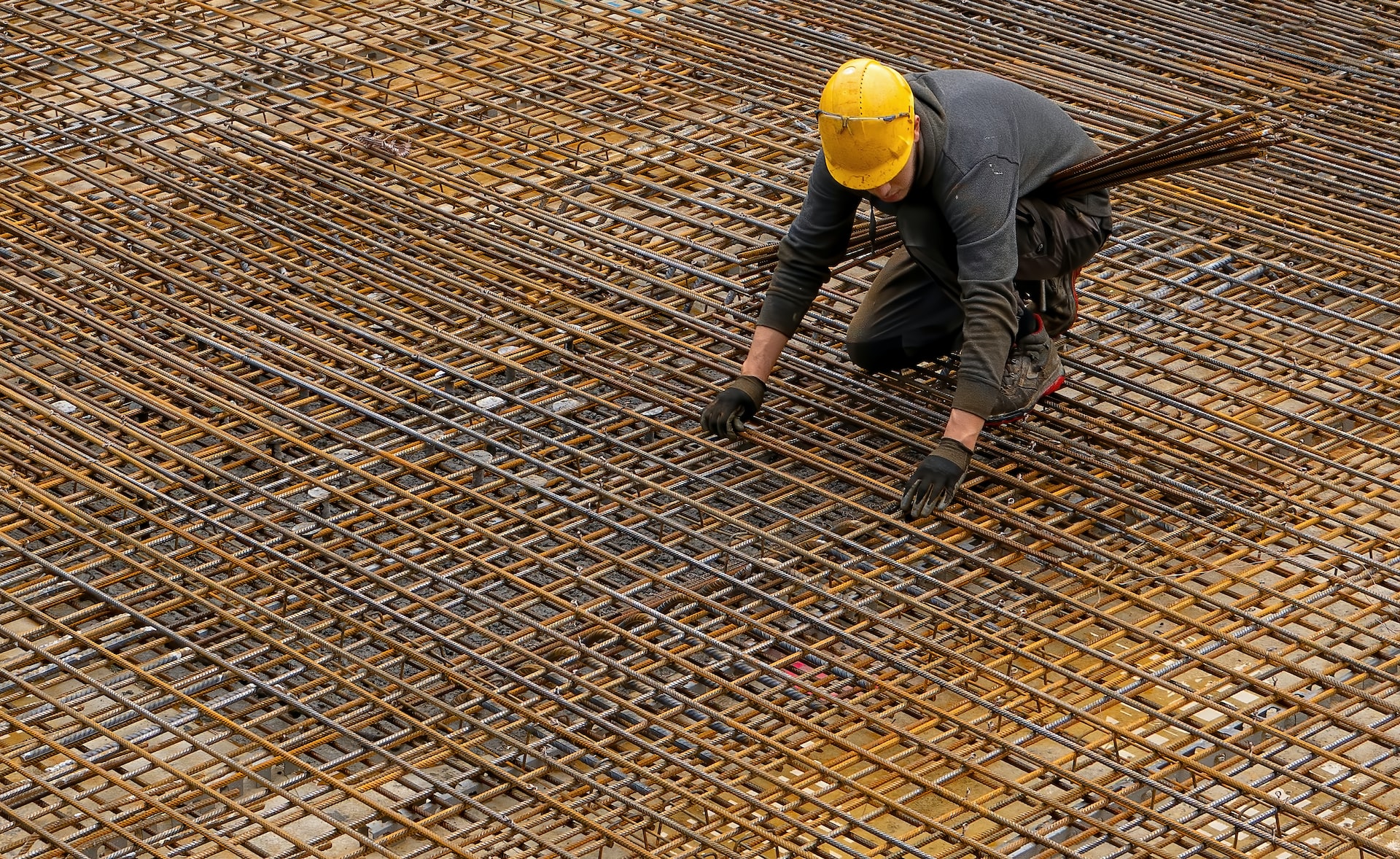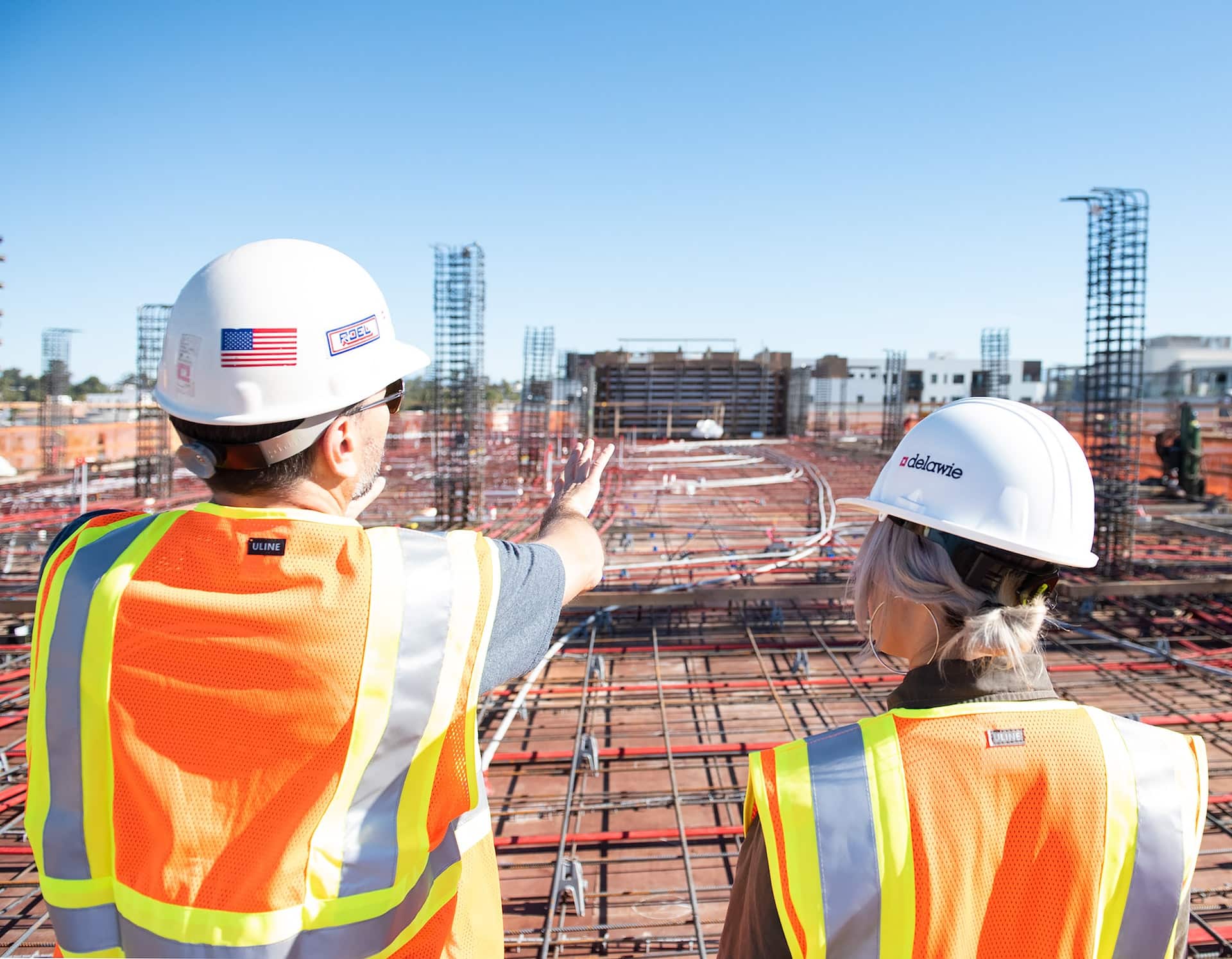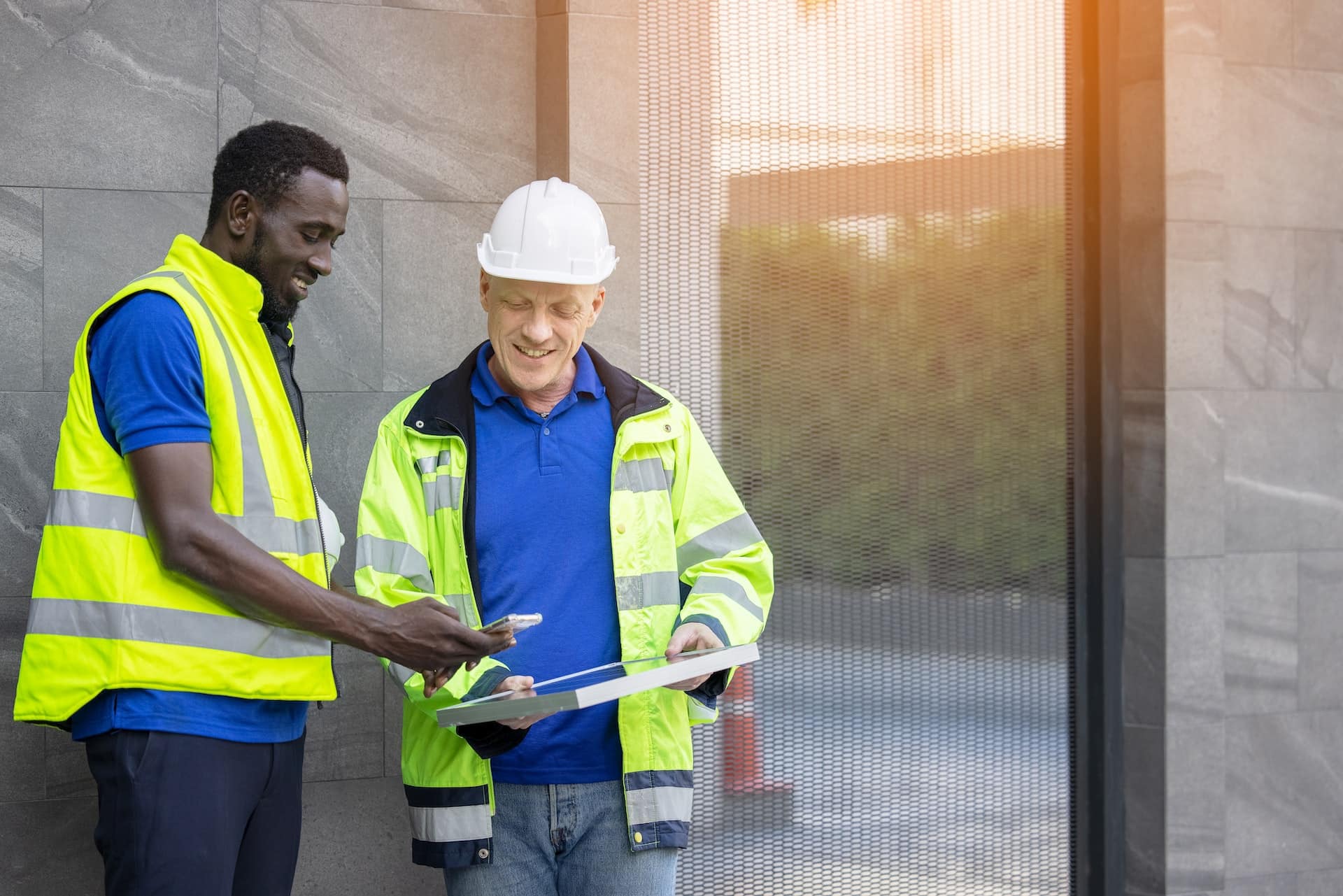A home garage is an incredibly useful part of any home, providing parking and storage space for vehicles, tools, and other important belongings. Creating the perfect home garage requires careful planning and consideration of a variety of factors. In this article, we will provide tips and tricks for building the perfect home garage, from choosing the right location to choosing the right materials.
The Basics: Size, Shape, And Location
When designing your home garage, it is important to consider the size, shape, and location of the space. The size and shape of your home garage will depend on the size of your vehicles and how many you plan to store. If you plan to park multiple vehicles, you will need to ensure the garage is wide enough to accommodate them. Additionally, it is important to consider the type of vehicles you plan to store in your garage. For example, if you plan to store a boat or an RV, you will need a larger garage.
When selecting a location for your home garage, you should consider the amount of space available and the level of access you have to the garage. Make sure the area is large enough to fit your vehicles and any additional storage needs. Additionally, consider the ease of access to the garage. If you plan to use the garage to store tools or supplies, you will need to ensure it is easily accessible.
The Materials: Durability and Cost
The materials you select for your home garage will play a major role in the overall look and function of the space. Two of the most important factors to consider when selecting materials are durability and cost. When choosing materials, consider the climate in your area and the type of wear and tear your garage will experience. For example, if you live in an area with extreme temperatures, you may want to select materials that are weather-resistant and durable. Additionally, consider the cost of the materials. Make sure you select materials that fit within your budget.
The Accessories: Storage and Organization
Once you have selected the size, shape, location, and materials for your home garage, you can start to consider accessories. Storage and organization are key components of any home garage. Make sure you have enough storage for tools, supplies, and other items. Additionally, consider adding organizational features such as shelves, racks, and cabinets. This will help keep the garage neat and organized.
Doors and Windows
The next step in creating your home garage is to install the doors and windows. This is an important step because it will help to protect the contents of your garage from the elements and intruders. Consider the type of door you want for your garage. There are a variety of options available, including roll-up doors, sliding doors, and sectional doors. Additionally, consider the type of windows you want to install. Windows can provide natural light and ventilation, as well as additional security.
Flooring and Lighting
The final step in creating your home garage is to install the flooring and lighting. There are many flooring options available, including concrete, wood, vinyl, and tile. Consider which type of flooring best fits your needs and budget. Additionally, consider the type of lighting you want to install. You may want to choose a combination of natural and artificial lighting to ensure the garage is well-lit.
Conclusion
Building the perfect home garage takes time and effort, but with the right tips and tricks, it can be done. Whether you’re starting from scratch or renovating an existing space, it’s important to plan ahead and consider all of your options. Start by thinking about what you need in the space, such as storage, lighting, and the type of flooring.
It’s also a good idea to research local building codes, shop around for materials and tools, and hire professional help if needed. With a little bit of planning and patience, you can create the perfect home garage that meets your needs and fits your budget.
If you are looking for builders in Bonita Springs, contact A&R Builders. We offer personalized options and a wide range of prices that cater to every budget to meet all needs.








